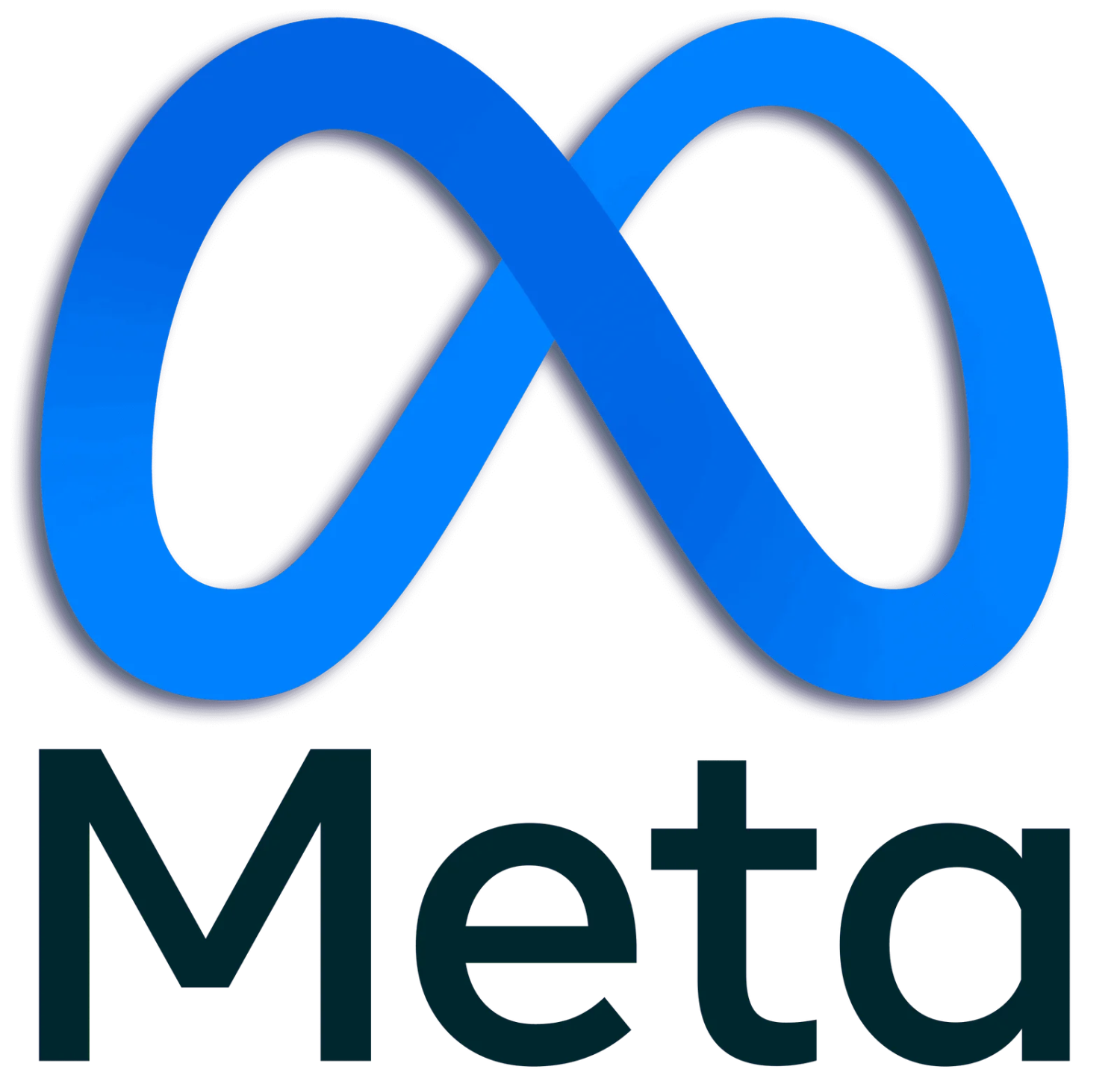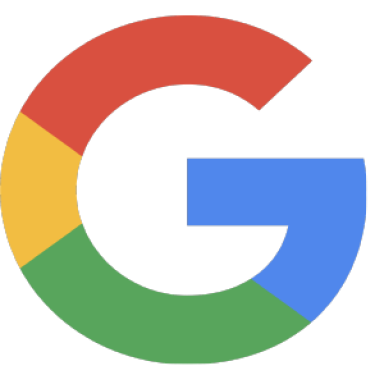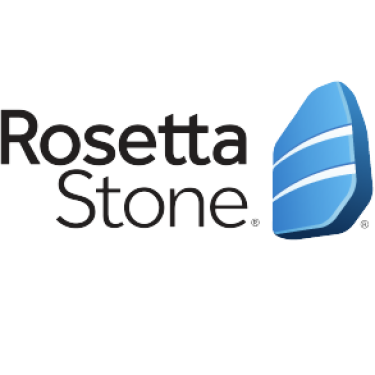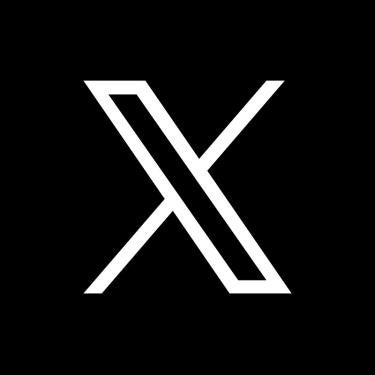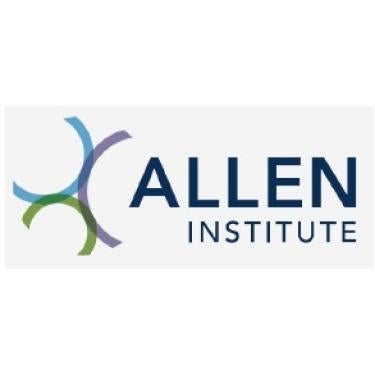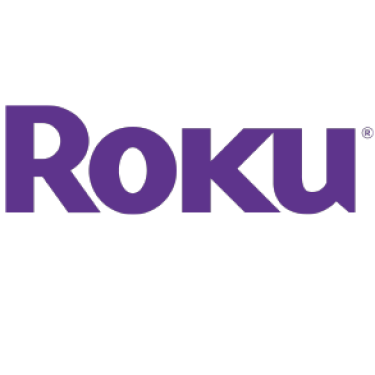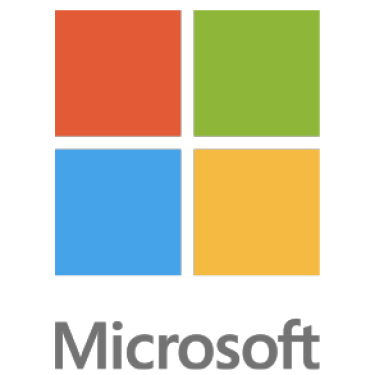Computational Linguistics Undergraduate Track
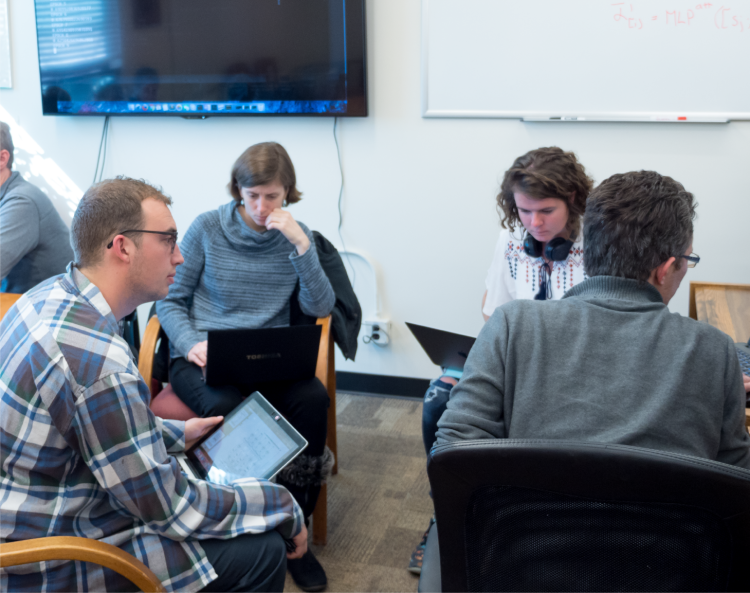
More language has been recorded in the last twenty years than in the entirety of human history. Using computer science algorithms, Computational Linguists can automatically process vast amounts of written and spoken communication in mere moments. This is the mechanism that turns the chaos of billions of individual voices into the symphony that is our civilization. Computational Linguistics is an attempt to manufacture the keys to a library containing the sum total of human knowledge and experience. Many of the answers to our questions already exist; we need artificial intelligence to help us find them.

Companies
Computational linguists develop computer systems that deal with human language. They need a good understanding of both programming and linguistics. This is a challenging and technical field, but skilled computational linguists are in demand and highly paid. Computational linguists build systems that can perform tasks such as speech recognition (e.g., Siri), speech synthesis, machine translation (e.g., Google Translate), grammar checking, text mining and other “Big Data” applications, and many others.
Featured Computational Linguist
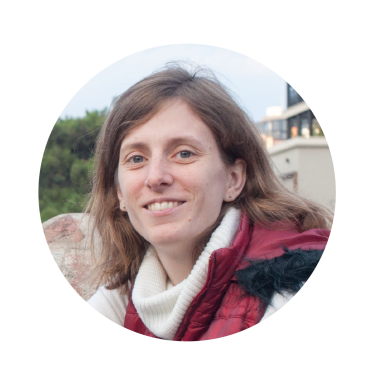
Sarah Moeller
Linguistics is a great tool to address issues we all personally care about, but by far the greatest impact can be had by leveraging computers to help us get the data we all need to do proper linguistic analysis. We can also automate some linguistic tasks to make up for limited exposure and interest in solving the issues of smaller, marginalized communities.
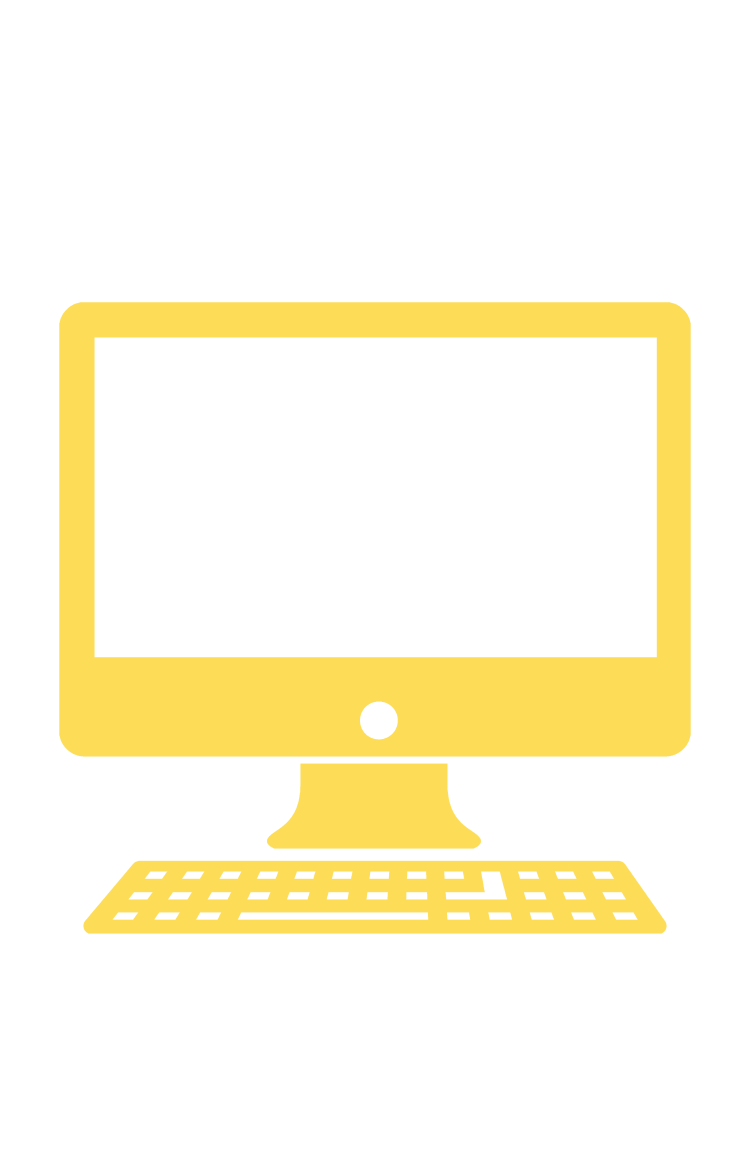
Computational Lingustics
CU is unique in its emphasis on having Computational Linguists study equal amounts of Computer Science and Linguistics. Computer science algorithms are needed to model language as a process, but optimal performance can only be achieved through understanding the nuances of language.
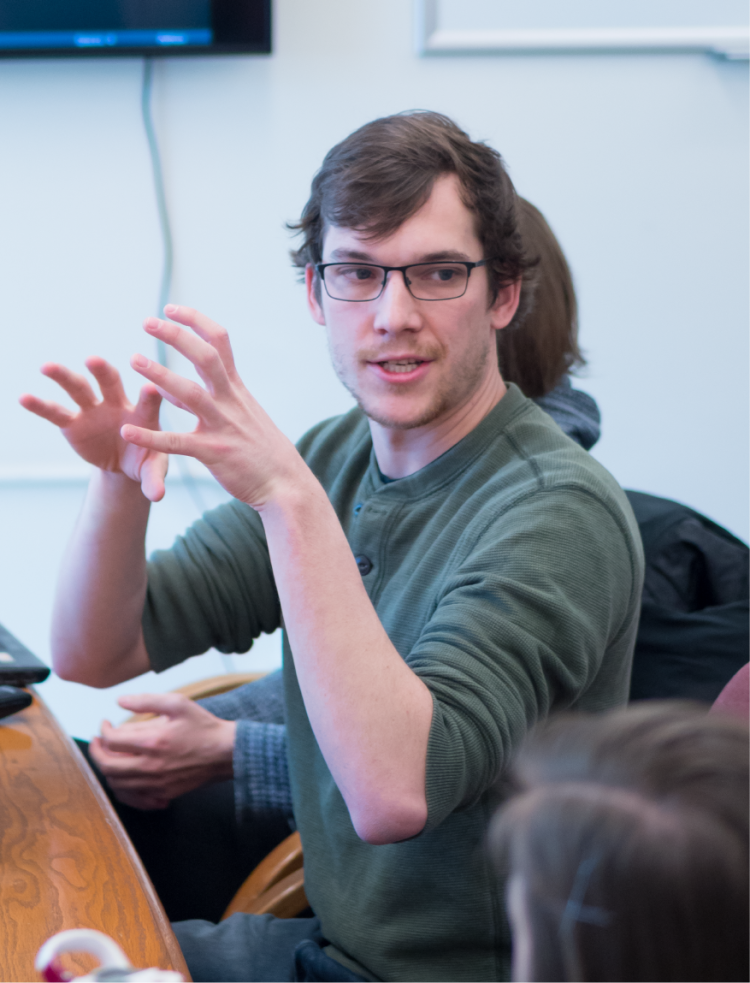
How The Tracks Work
All Linguistics majors are required to take 4 courses (Introduction to Linguistics, Sound Structures, Semantics, and Morphology & Syntax). There's an additional requirement of five credit hours in a language other than English at the 3000 level or above. The four tracks are a formalization of the additional elective credit hour choices that will prepare students for employment or further education in a specific discipline of linguistics.
The track also serves as a certification in this discipline and the student's transcript will reflect this.
The Computational Track Courses
Core Courses & Electives
Programming
Core Courses
Programming For Linguistics
Electives
Computer Science 2: Data Structures
Computational Reasoning 2: Representations of Data
Principles of Programming Languages
AI & Machine Learning
Core Courses
Machine Learning and Linguistics
Electives
Introduction to Data Science
Introduction to AI
Introduction to Machine Learning
Undergraduate Program Opportunities
Minor in
Information Science
The track includes several courses for the Information Science Minor. Finishing the minor will better prepare you for positions in data analytics and information processing with an NLP bent.
Minor in
Data Science
The track includes several courses for the Data Science Minor. Explicitly designed to complement many different majors, the minor provides a more focused path to positions in data analytics than an Information Science Minor.
The Cognitive Science
Certificate
The Cognitive Science Certificate requires only three additional courses. The addition of a perspective from psychology will better prepare you for roles in medical analysis, education, and multimedia.
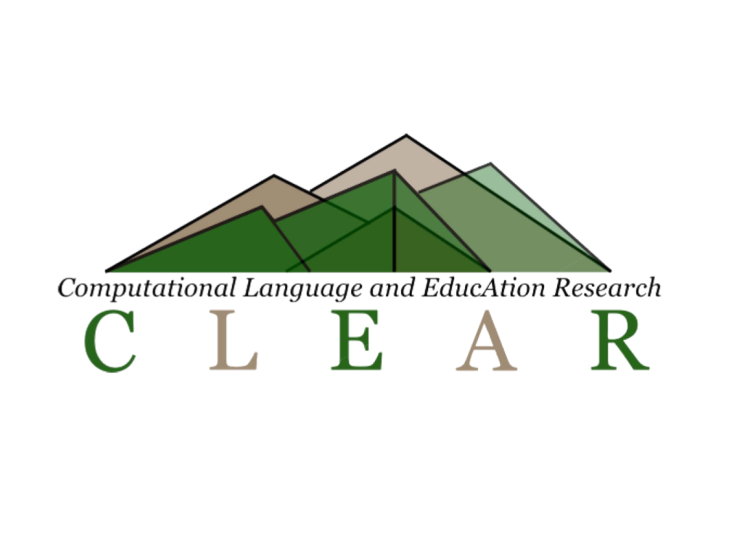
CLEAR (The Center for Computational Language and Education Research)
Much of a CLASIC student's work outside of the classroom will be conducted within CLEAR, a center dedicated to advancing Natural Language Processing, and which houses many government funded research projects. The facilities include labs, meeting rooms, graduate student offices, and computing resources.
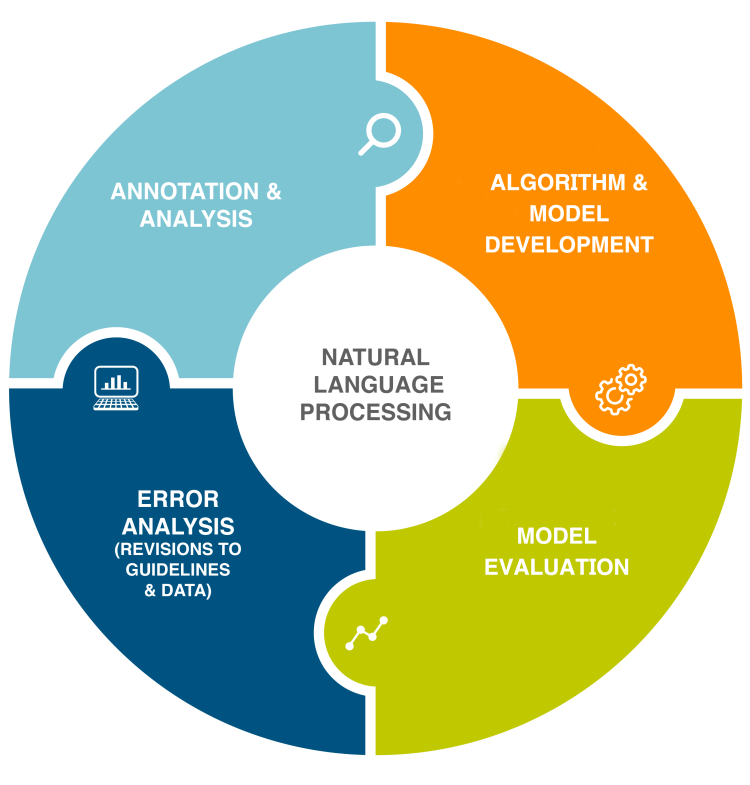
The NLP Process
Training computers to accurately deal with languages is a complex process that intricately weaves together linguistic insights and computational models that reference real world contexts. The process can begin with linguistic analysis, computational models, or a combination of the two. After it’s begun, however, it usually cycles in the following manner.



